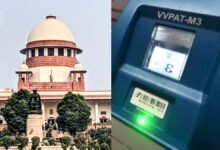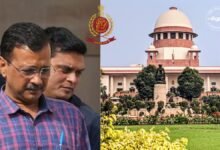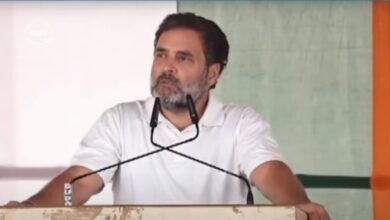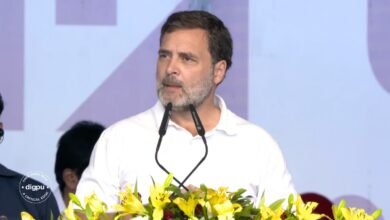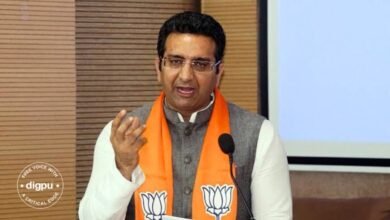SBI’s Time Extension Request for Electoral Bonds: Incompetence or Political Maneuvering?
Are we to believe that a bank servicing millions of customers cannot manage 44,434 sets of information efficiently?
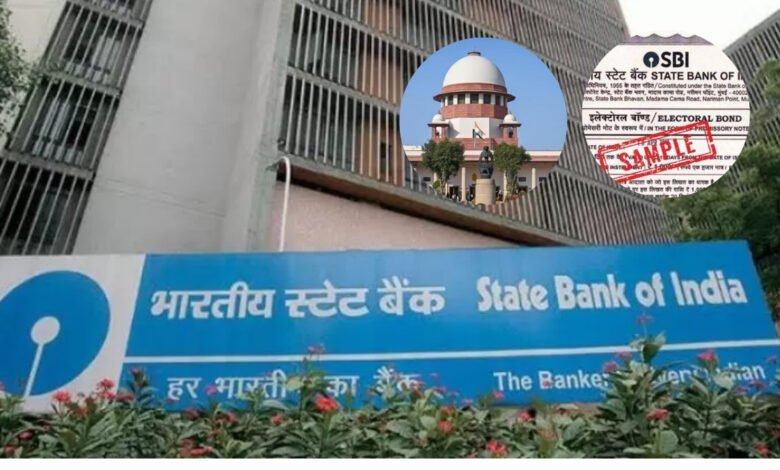
The recent plea by the State Bank of India (SBI) for an extension until June 30th to submit Electoral Bonds data has stirred controversy and raised eyebrows across the nation. On the surface, it appears to be a simple request stemming from an alleged inability to segregate 44,434 sets of information in a timely manner. However, deeper analysis suggests a more intricate narrative at play – one entwined with political interests and potential attempts to obfuscate transparency.
The timing of SBI’s request is particularly noteworthy. With the Supreme Court’s mandate to disclose Electoral Bonds records by March 6th looming, the bank’s plea for a four-month extension raises suspicion. Is SBI truly incapable of compiling this data promptly, or is this delay a strategic move to shield the ruling government from scrutiny?
Let’s dissect the situation. The Electoral Bonds scheme has long been a subject of contention, with critics arguing it facilitates opacity in political funding. The recent Supreme Court ruling declaring it unconstitutional only adds fuel to the fire. Against this backdrop, the urgency to unveil the beneficiaries and contributors of these bonds becomes paramount for upholding democratic principles.
However, SBI’s plea for an extension casts doubts on the sincerity of this process. The claim of maintaining separate manual and computerized records seems dubious, especially for an institution of SBI’s stature and technological capabilities. Are we to believe that a bank servicing millions of customers cannot manage 44,434 sets of information efficiently, especially when the number of bonds issued is 22,217?
Furthermore, the implications of this delay extend beyond administrative inefficiency. The staggering amount of funds routed through Electoral Bonds, predominantly favoring the ruling party, raises concerns of undue influence and quid pro quo arrangements. By postponing the disclosure, SBI inadvertently provides a shield for those in power, allowing them to evade accountability during crucial electoral periods.
It’s crucial to examine the underlying motives behind SBI’s request. Is it truly an issue of logistical constraints, or does it serve a more insidious purpose of buying time for the government to skirt accountability? The intertwined relationship between political entities and financial institutions warrants a closer inspection of motives and allegiances.
The reasons behind the government’s reluctance to disclose the Electoral Bonds data are multifaceted. Firstly, those contributing to these bonds are primarily big corporates, raising questions about potential conflicts of interest and corporate influence in politics. Secondly, there are allegations that companies have used these bonds to funnel money to individuals under government scrutiny, potentially compromising the integrity of the electoral process. Thirdly, the government’s claim of patriotism is called into question if it continues to accept donations from entities that may have detrimental interests to India’s sovereignty.
As the Supreme Court deliberates on SBI’s appeal, the onus lies on the judiciary to uphold the principles of accountability and transparency. The sanctity of electoral processes must not be compromised at the altar of bureaucratic convenience or political expediency. The fate of Electoral Bonds disclosure holds significant ramifications for the future of democratic governance in India.
In conclusion, SBI’s request for an extension in disclosing Electoral Bonds data demands scrutiny and skepticism. Whether driven by incompetence or political maneuvering, the ramifications of this delay are far-reaching. It’s imperative for institutions and citizens alike to remain vigilant in safeguarding the principles of transparency and accountability in our democratic framework.
